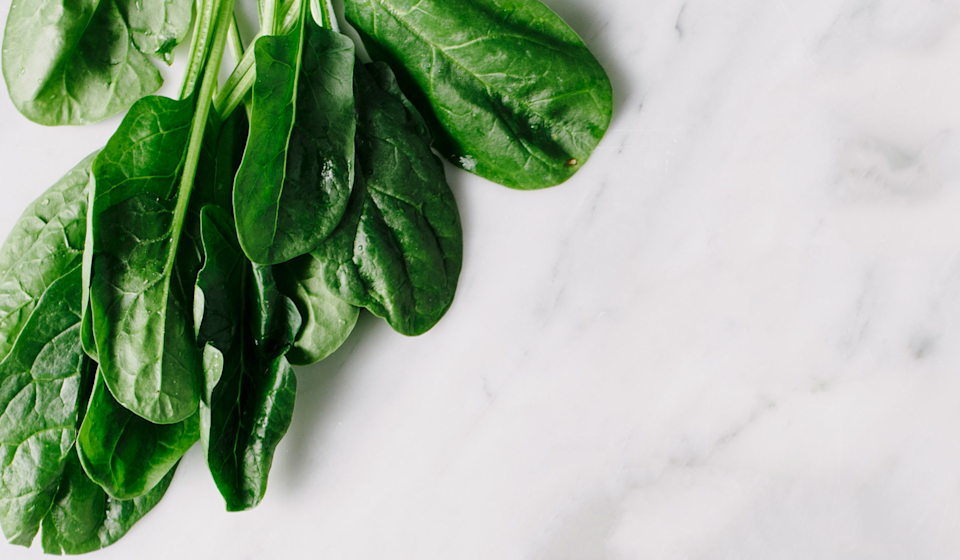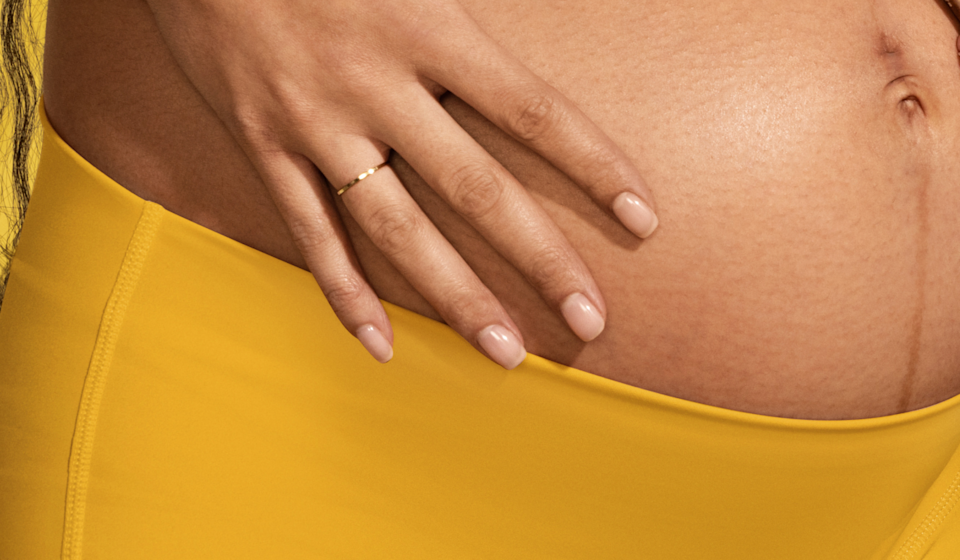Essential Takeaways
• Your body’s iron needs are higher during pregnancy because your blood volume produced is nearly double that of what it is when you’re not pregnant. Iron supports red blood cell formation and oxygen transport.*
• Because iron contributes to red blood cell formation, hitting daily iron needs is critical during pregnancy to help supply your growing baby and placenta.*
• With our Prenatal Multivitamin, you can help fill nutritional gaps in what you eat with a gentle, easy-on-the-stomach form of iron—along with 11 other key nutrients for before and during pregnancy.*
If you’re pregnant, and even if you aren’t, iron is a nutrient to look out for. It’s found in leafy greens, organ meats, and beans (more on that later), and is important for red blood cell formation and oxygen transport.*
Iron is especially vital during pregnancy. Based on the latest data from the National Health and Nutrition Examination Survey (NHANES), pregnant people are only getting about 50% of the Recommended Dietary Allowance (RDA) for iron from what they eat—leaving about a 50% gap in intake.* (1)
Given this substantial gap, dietary supplements are here to save the (nutritional) day. Let’s talk about why iron matters—and how you can get it from food plus our Prenatal Multivitamin.
Why Do Pregnant Women Need Iron?
Your body’s iron needs are higher during pregnancy because the blood volume produced is nearly double that of what it is when you’re not pregnant. (2) Isn’t that wild? Vampires love her! Yet another your-body-is-amazing-during-pregnancy fact to add to the list.
Having high enough iron stores is important for not only your health during pregnancy, but also, the health of your pregnancy. Because iron contributes to red blood cell formation, hitting daily iron needs is critical during pregnancy to help supply the growing baby and placenta with enough oxygen.*
How Much Iron Is Needed During Pregnancy?
The recommended dietary allowance for Iron in pregnancy is 27 mg. Compare that to 18 mg pre-pregnancy. (3)











